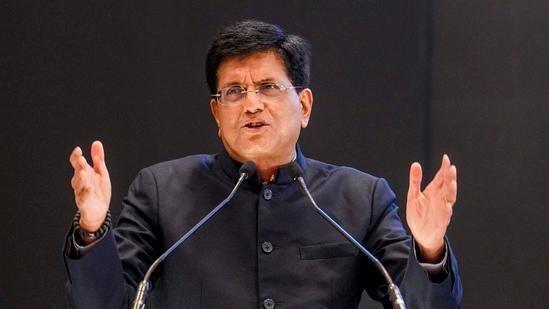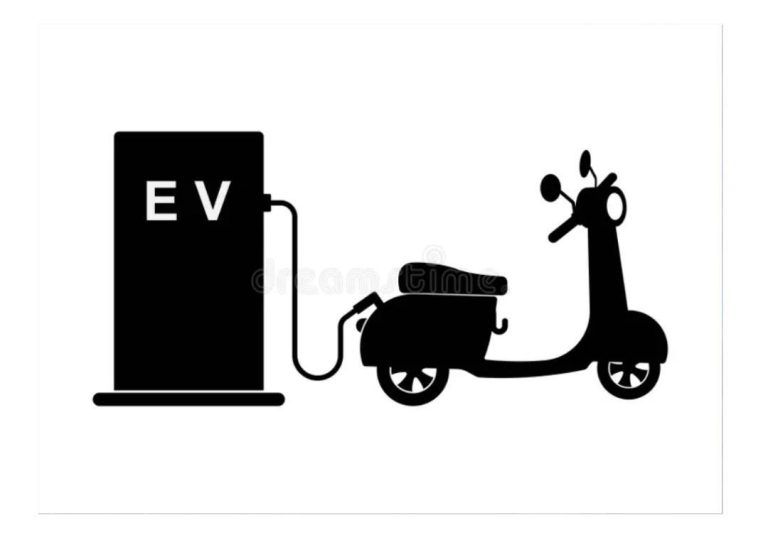
We’ll Have Speed, Not Haste: Goyal as India & UK Resume FTA Talks
The Indian government has made significant progress in recent months in its efforts to strengthen economic ties with the United Kingdom. In a major development, Union Minister of Commerce Piyush Goyal has announced that India and the UK have decided to restart negotiations for a free-trade agreement (FTA). This move is expected to have a significant impact on the bilateral trade between the two nations, with both sides looking to increase their trade volumes and boost economic cooperation.
Goyal made the announcement after meeting UK Business and Trade Secretary Jonathan Reynolds, where they discussed the progress made so far in the talks and the way forward. When asked if the FTA can be expected by this year, Goyal said, “It’s never too late to conclude a good agreement… We’ll have speed but not haste.” This statement suggests that the Indian government is committed to concluding a robust and mutually beneficial agreement, rather than rushing through the process.
The decision to restart FTA talks comes at a time when both India and the UK are looking to diversify their trade relationships and reduce their dependence on traditional markets. The UK, in particular, is keen to strengthen its ties with India as it seeks to increase its trade volumes in the aftermath of Brexit. India, on the other hand, is looking to increase its exports to the UK and reduce its trade deficit with the country.
The potential benefits of an FTA between India and the UK are significant. An FTA would enable businesses in both countries to reduce their tariffs and other trade barriers, making it easier to import and export goods and services. This, in turn, would increase trade volumes and boost economic growth. Additionally, an FTA would also provide a framework for cooperation on issues such as investment, intellectual property, and competition policy.
The Indian government has been actively engaging with the UK government to strengthen economic ties and increase trade volumes. In recent months, there have been several high-level visits between the two countries, including a visit by UK Prime Minister Boris Johnson to India in January. These visits have helped to build momentum for the FTA talks and have paved the way for increased economic cooperation.
One of the key areas of focus for the FTA talks is likely to be agriculture. India is a significant producer of agricultural products such as cotton, wheat, and rice, while the UK is a major importer of these products. An FTA would enable Indian farmers to increase their exports to the UK and provide British consumers with access to high-quality Indian agricultural products.
Another area of focus is likely to be services. India has a large and growing services sector, with major strengths in areas such as IT and ITES, pharmaceuticals, and financial services. The UK, on the other hand, is a major hub for financial services and professional services. An FTA would enable Indian businesses to increase their presence in the UK services sector and provide British businesses with access to Indian markets.
The FTA talks are also expected to focus on issues such as trade facilitation, customs cooperation, and dispute settlement. These issues are critical to ensuring that the FTA is effective and that trade flows smoothly between the two countries.
In conclusion, the decision to restart FTA talks between India and the UK is a significant development that has the potential to boost economic growth and increase trade volumes between the two countries. The Indian government’s commitment to concluding a good agreement, rather than rushing through the process, is a welcome approach that is likely to result in a robust and mutually beneficial FTA.
As the FTA talks progress, it will be important for both governments to engage with stakeholders and build consensus around the agreement. This will involve consultations with businesses, industry associations, and civil society organizations to ensure that their concerns and interests are taken into account.
Ultimately, the successful conclusion of an FTA between India and the UK will depend on the ability of both governments to work together to find common ground and address the key issues that need to be resolved. With both sides committed to increasing their trade volumes and boosting economic cooperation, there is every reason to be optimistic about the prospects for a successful FTA.






